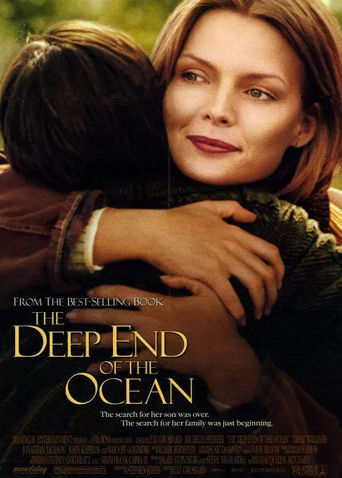 侯高俊杰
侯高俊杰
发表于8分钟前回复 :这是一个完美的海滩假日,至少有一家人、一对年轻夫妇、几个游客和一个流亡者都这么认为,他们来到了同一个幽静、田园般的小海湾,那里有岩石池和沙滩,四周环绕着绿油油的、植被茂密的悬崖。但这个乌托邦背后隐藏着一个黑暗的秘密:首先是在水晶般清澈的水中有一具漂浮的女性尸体。还有一个诡异的事实正在上演:所有的孩子都在迅速衰老。很快,每个人都都发现他们正在变老——每半小时一次——而且他们似乎没有任何办法离开这个小海湾。沙马兰说这部电影是受到 Pierre Oscar Levy和艺术家Frederik Peeters创作的法国图画小说《沙堡》(Sandcastle)的启发。《沙堡》的故事里有13个人,他们无法离开一个神秘,僻静的海滩,那里隐藏着涉及时间的黑暗秘密。不过漫画里并没有给出这个时间谜团出现的原因,更像是一个关于生存与死亡预言故事。但《OLD》并不是直接改编自这部图像小说,所以沙马兰本人会来讲完这个故事和脑洞。
 江玲
江玲
发表于9分钟前回复 :Sixty Glorious Years is an exercise in the creation of iconography, both for Victoria and its star, Anna Neagle (who subsequently became known as 'Regal Neagle'). Just as Elizabeth I commissioned artists to create flattering iconic images for public consumption, so this film performs a similar function, for Neagle is more beautiful than the real life Victoria. Controversial events (such as the 'Irish problem') are omitted and unpleasant aspects of Victoria's character (her petulance, arrogance, favouritism and 'right to privilege') are glossed over as endearing little 'whims'. Albert acts as a moderating influence when she goes too far.The film followed a year after the highly successful Victoria the Great (d. Herbert Wilcox, 1937). Again the screenplay is by Miles Malleson and Robert Vansittart, and many of the supporting cast (the cream of acting talent of period) repeat their roles, this time for the colour cameras. This was the first full length Technicolor film of cinematographer Freddie Young, who captures the spectacle of royal weddings, grand balls and opulent interiors, with scenes actually filmed at royal palaces. Vivid battle scenes, set in Alexander Korda's empire territory (Sevastopol and the Sudan), rival those in The Four Feathers (d. Zoltan Korda 1939).The title music sets the tone: a regal choir sings over a shot of the crown. Elgar's 1901 'Pomp and Circumstance' march is heard during the diamond jubilee celebrations and, as Victoria's coffin lies in state, the film concludes with Anthony Collins' stately music accompanied by the text of Rudyard Kipling's 'Lest we forget'. Combined with the emotional appeal of scenes of Victoria connecting with her 'ordinary folk', this is stirring stuff.The film connects with contemporary events of 1938. The release of two celebratory royal films was intended to boost public affection for the monarchy in the wake of Edward VIII's abdication. Anglo-German relations were another touchy subject. With another war on the horizon, influential voices wanted appeasement, and the film could be seen to fit that agenda. Victoria herself was of mainly German descent, nicknamed 'the grandmother of Europe', while Albert is a 'good German', charmingly played by Anton Walbrook as a cultured, decent man.Sixty Glorious Years now seems unduly formal and reverential. Had movies existed during Victoria's reign (they only emerged at the end) this might have been the kind of film produced. Unlike Mrs Brown (d. John Madden, 1997), it is all so very 'Victorian'.Roger Philip Mellor



